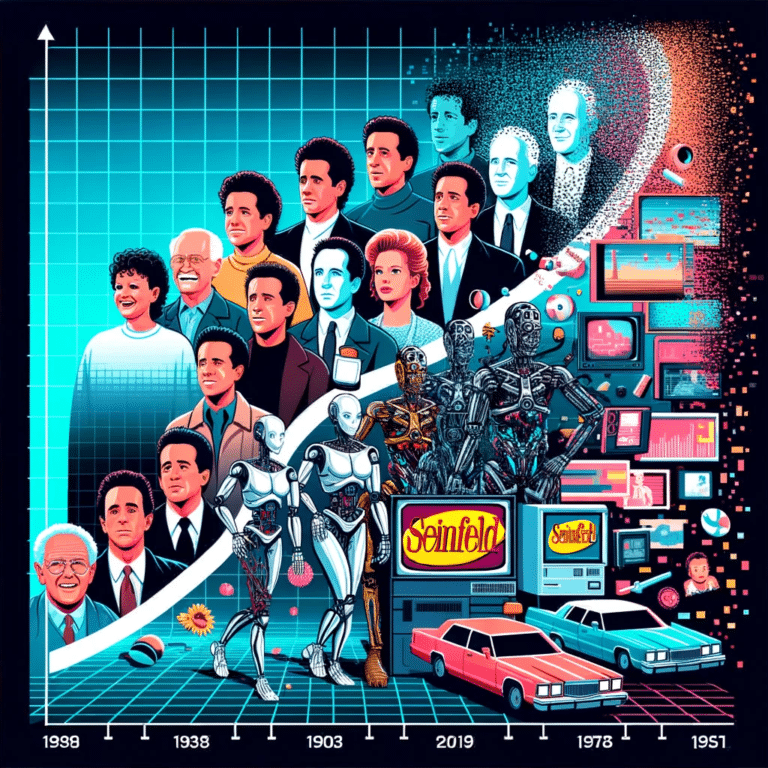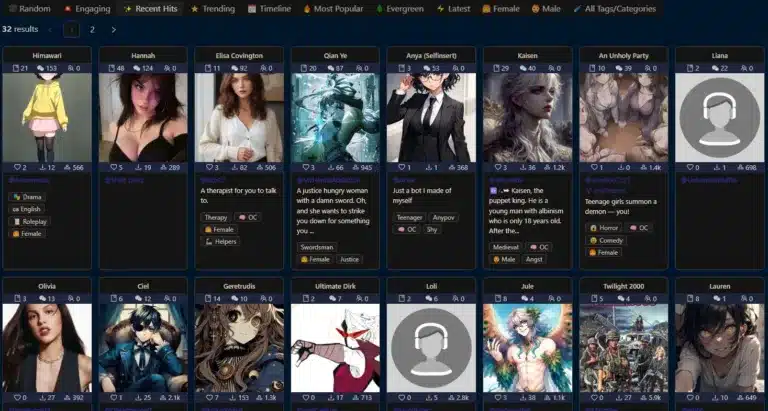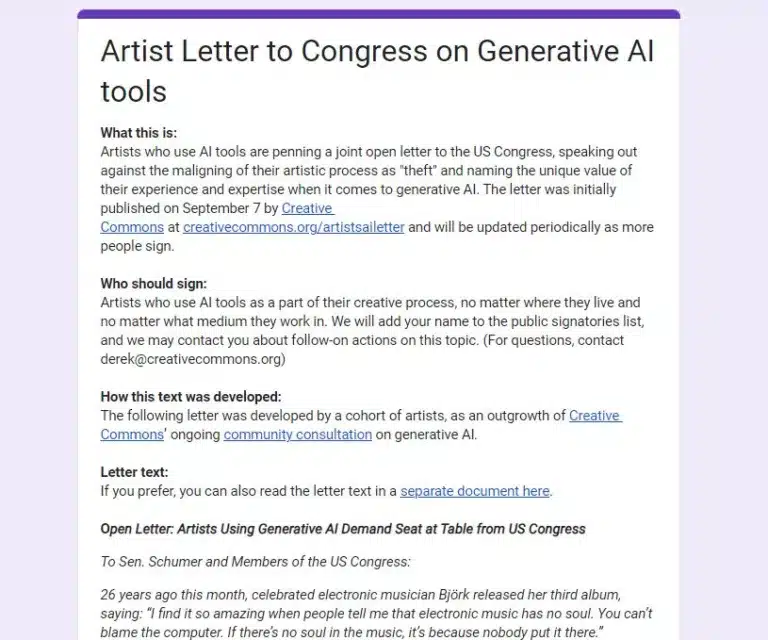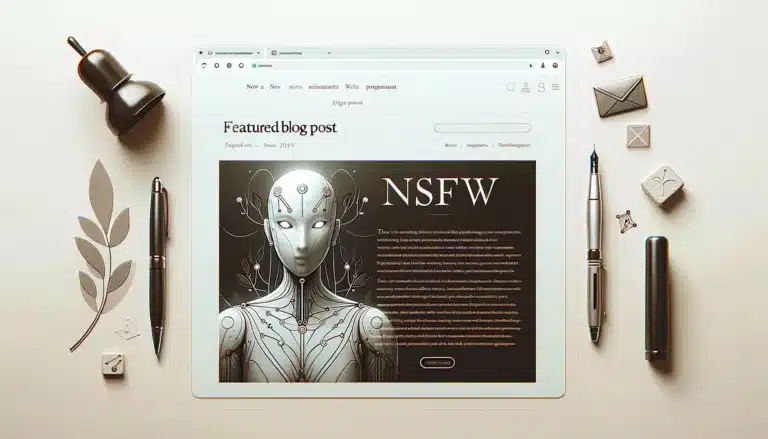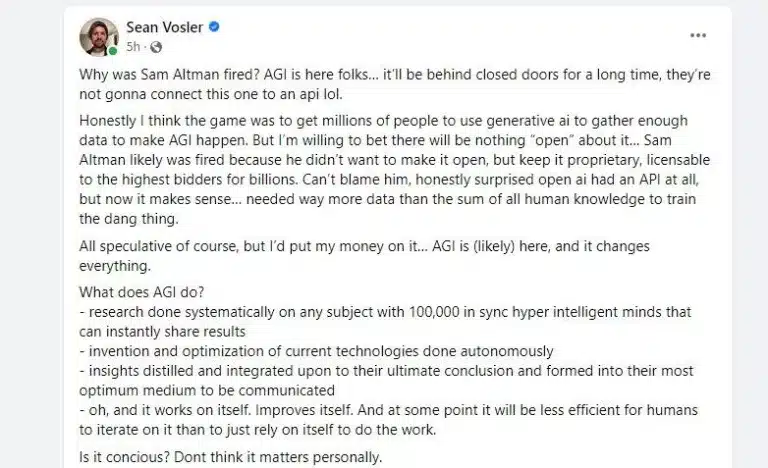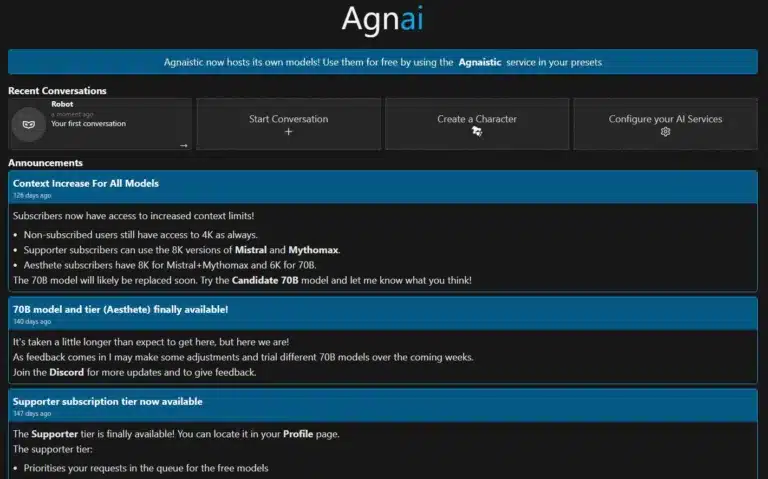Universities Abandon AI Detection Tools Amidst False Accusation Fears
In the ever-evolving landscape of academia, a technological tempest is brewing, casting shadows of doubt and suspicion across lecture halls and virtual classrooms.
The whispers of artificial intelligence (AI) tools, notably ChatGPT, aiding students in cheating have grown into vociferous debates, leaving educators, students, and institutions grappling with a pressing dilemma.
Are we standing at the crossroads of a cheating epidemic fueled by AI, or are we witnessing an era where innocent students are ensnared by false accusations?
The narrative unfolds as several major universities, including Vanderbilt University, Northwestern University, and the University of Texas, take a bold stand, discontinuing the use of AI detection tools provided by anti-plagiarism companies.
The decision by these esteemed institutions stems from growing concerns over the accuracy of AI detection software.
Vanderbilt University highlighted a notable 1% false positive rate at launch, estimating that around 750 of the 75,000 papers submitted to Turnitin could be incorrectly labeled as AI-written.
This revelation raises critical questions about the reliability of such tools and the potential repercussions for students who may find themselves falsely accused of academic dishonesty.
The ripple effects of these revelations are palpable, sending shockwaves through the academic community. The concerns raised by universities revolve around the fundamental principles of fairness and justice.
In an environment where academic integrity is paramount, the prospect of students being falsely accused of cheating raises serious ethical questions and challenges the very foundation of trust between educators and learners.
OpenAI, the creator of ChatGPT, has not been silent on this matter. The company has openly acknowledged the challenges associated with detecting AI-generated content.
In a candid admission, OpenAI revealed that it had scrapped its own AI text detector tool due to low rates of accuracy.
This move by OpenAI underscores the complexities and inherent limitations of developing reliable AI detection mechanisms.
Turnitin, the company at the center of the controversy, has responded to the concerns raised by universities.
The company clarified that its technology is not designed to replace educators’ professional discretion. Instead, it serves as a supplementary tool to aid in maintaining academic standards.
Turnitin emphasized that the software should not be used as a punitive measure against students, highlighting the importance of a balanced and ethical approach to AI in education.
As we delve deeper into this unfolding narrative, the broader implications of this debate come into sharp focus. The integration of AI tools in education is not a fleeting trend; it’s a reality that is reshaping the educational landscape.
The questions surrounding the accuracy and ethical use of AI detection software are not just isolated incidents; they are part of a larger conversation about the role of technology in education and the need for responsible and equitable practices.
Navigating through this intricate tapestry, the discourse extends beyond the walls of individual universities and into the realm of educational philosophy and ethics.
The decisions made today will undoubtedly shape the future interactions between AI and academia, setting precedents and guiding principles for the responsible use of technology in education.
The quandary faced by universities and educators is emblematic of the broader challenges associated with the rapid advancement of AI technology.
As AI tools become increasingly sophisticated and integrated into various aspects of society, the need for clear guidelines, ethical standards, and accurate detection mechanisms becomes paramount.
The dilemma of balancing innovation with ethical responsibility is a recurring theme, underscoring the importance of fostering a harmonious relationship between technological progress and moral values.
Looking towards the horizon, the trajectory of AI in education is a topic of great significance and speculation.
The lessons learned from the current discourse will undoubtedly inform future strategies and approaches to ensure a symbiotic relationship between AI tools and academic integrity.
The vision is to cultivate an environment where technology and education coalesce, enhancing learning experiences while upholding the principles of trust, integrity, and ethical development.
As the academic community grapples with these pressing issues, the dialogue continues to evolve, inviting diverse perspectives and voices to contribute to shaping the narrative.
The ongoing conversation is a testament to the collective commitment to exploring the possibilities and addressing the challenges presented by the intersection of AI and education.
In conclusion, the unfolding story of universities abandoning AI detection tools amidst fears of false accusations is a pivotal chapter in the ongoing saga of AI in academia.
It reflects the complexities, ethical considerations, and the relentless pursuit of balance and fairness in the educational odyssey.
The journey is far from over, and the path ahead is laden with opportunities for reflection, dialogue, and co-authoring the future of education in the age of artificial intelligence.
FAQ
Why are some universities discontinuing the use of AI detection software?
Several universities, including Vanderbilt University, Northwestern University, and the University of Texas, have discontinued the use of AI detection tools due to concerns over accuracy and the potential for students to be falsely accused of cheating.
What concerns have been raised about the accuracy of AI detection software?
Vanderbilt University highlighted a 1% false positive rate, estimating that around 750 of the 75,000 papers submitted could be incorrectly labeled as AI-written. This has raised concerns about the reliability of such tools and the repercussions for students.
What has been OpenAI’s response to the challenges of detecting AI-generated content?
OpenAI, the creator of ChatGPT, has acknowledged the difficulties in detecting AI-generated content and scrapped its own AI text detector tool due to low rates of accuracy.
How has Turnitin responded to the concerns raised by universities?
Turnitin clarified that its technology is not meant to replace educators’ professional discretion and emphasized that the software should not be used as a punitive measure against students. The company advocates for a balanced and ethical approach to AI in education.
What are the broader implications of this debate for the future of AI in education?
The debate underscores the need for clear guidelines, ethical standards, and accurate detection mechanisms as AI tools become increasingly integrated into education. The decisions made today will shape the future interactions between AI and academia and inform strategies to foster a symbiotic relationship between AI and academic integrity.
How is the academic community addressing the challenges presented by AI in education?
The academic community is actively engaged in dialogue, exploring the possibilities and addressing the challenges presented by the intersection of AI and education. The ongoing conversation reflects a collective commitment to balancing innovation with ethical responsibility.
Is the use of AI tools like ChatGPT in education likely to continue?
The integration of AI tools in education is a reality that is reshaping the educational landscape. Despite the challenges, AI tools are likely to continue playing a significant role in education, with ongoing efforts to ensure their responsible and equitable use.



